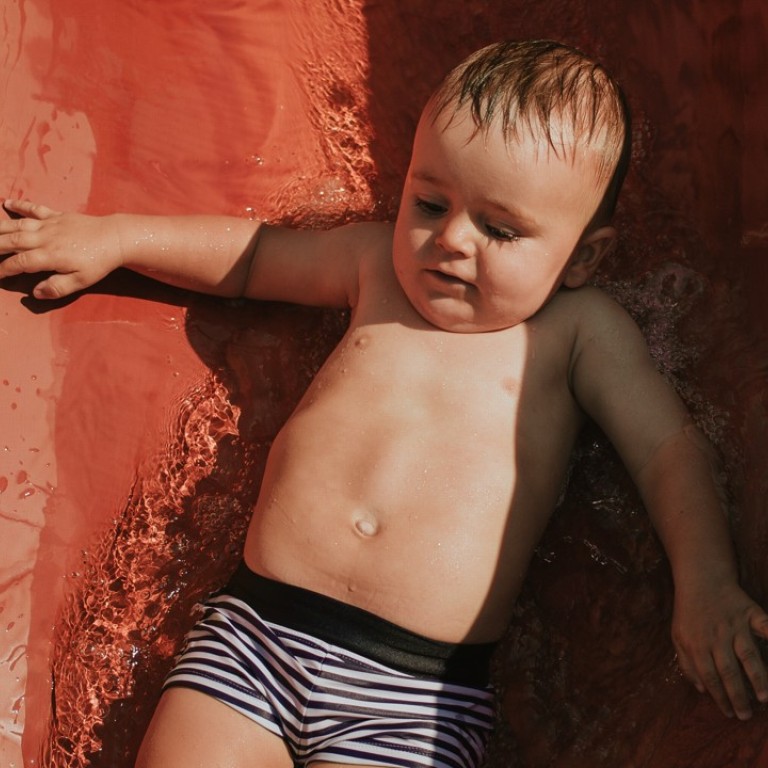
Is the notion of the ‘summer slide’ a fallacy? Perhaps children should have time to be children
The idea that children will forget what they’ve learned in the last school year over the summer break is a common misconception with serious implications
The summer slide is the widely held and dreaded notion that children will forget significant parts of what they’ve learned in the last school year over the summer break. This is bogus on several different levels, but, as a common misconception with serious implications, it is important to discuss and debunk.
The simplest fallacy with the summer slide comes from a misunderstanding about the nature of learning itself. If you memorised the first 20 digits of pi, recited them to me the next day, and then forgot them the day after, no one would describe that as learning. Learning implies a long-term acquisition of knowledge, skills, or competencies. Learning that is lost by taking a few weeks away from the classroom was never good learning to begin with. Shallow learning and rote memorisation of facts are the spilled milk of the summer, and not worth crying over.
Learning that is lost by taking a few weeks away from the classroom was never good learning to begin with
Beyond that we can look at real world evidence, and the two countries that seem to get all the limelight in the educational world serve as an excellent demonstration: Finland and South Korea. They consistently top the ranks of global education systems while representing radically different approaches to teaching, and to summer breaks.
Finland has a long summer break of two-and-a-half to three months, whereas the South Korean system has a summer break of less than a month, lasting from late July to mid-August. South Korean students are also much more likely to be subjected to extra summer lessons than their Finnish counterparts, leaving even less of a break than we see on paper. If the summer slide were real, South Korean students should be outperforming the Finns by leaps and bounds, but in their contests for first and second on education rankings it is most often Finland at the top. Hong Kong summer holidays, by comparison, tend to be six to seven weeks long.
Given this evidence, how did this myth of the summer slide come about? We all need time to shake off the cobwebs after a holiday – the same goes for children going back to school. But to hear parents describe it the summer slide sounds like something else entirely.
It starts with a few students spending their summer in tutorial centres drilling multiplication tables because their parents have decided that that is the best path. Those students will return to school having had no real break but being slightly better at multiplication. This shifts the grade averages up and students who had actual summer breaks will seem, by comparison, to have regressed. The next summer more kids are sent to extra lessons to catch up and prevent any kind of slide, and the vicious cycle begins. The parents find themselves in a race to the bottom to see who can cram in the most extra tuition just to keep up with new norms.
Improving maths skills over the summer might not sound so bad, right? But those multiplication skills come at a heavy cost. Replacing a summer holiday filled with unstructured activities, like exploring, reading for fun, creative play, and outdoorsmanship sacrifices a whole suite of socio-emotional learning opportunities. The “soft skills” that we hear so much about, such as problem solving, working in heterogenous groups, thinking creatively, and social communication, are learned and reinforced during summer breaks. Summer also provides opportunities for exercise that are increasingly being marginalised in schools, with obvious negative health outcomes for students.
Beyond that are the mental health benefits that come from a summer break. Academic pressure in Hong Kong education is far beyond reasonable levels and we’ve seen the tragic results of that already. Summer gives children time to be children, to learn by making mistakes and discovering, to day dream and investigate, to not sit still for eight hours straight looking up at a white board. It is also a great time for parent-child bonding, the importance of which would be impossible to overstate.
Formal education over the summer need not be totally be abandoned. Summer camps with project based learning and group activities are wonderful, and often can cater to the child’s unique interests. Parents should still send their eager kids to space camp to build rockets and plan moon landings. Additionally, children who have special needs can utilise summer for targeted learning to work on their strengths and weaknesses – a dyslexic student might receive literacy instruction to help them catch up to grade level, or a gifted student with an interest in coding might do a course that doesn’t exist at her school. It is only when the broad assumption in the mainstream is that all kids regress that we risk a race to the bottom, as we are seeing.
So, when parents ask me what they can do to avoid the summer slide, other than telling them not to stress over it, the one bit of advice I give is for them to use the time for parent-child read aloud or encouraging their kids to fall in love with self-directed reading. But, that is my own bias from my literacy background. The broad range of skills that can be learned in a true summer break go far beyond that, whereas the amount of true learning that is unlearned from a summer break is exactly none.

